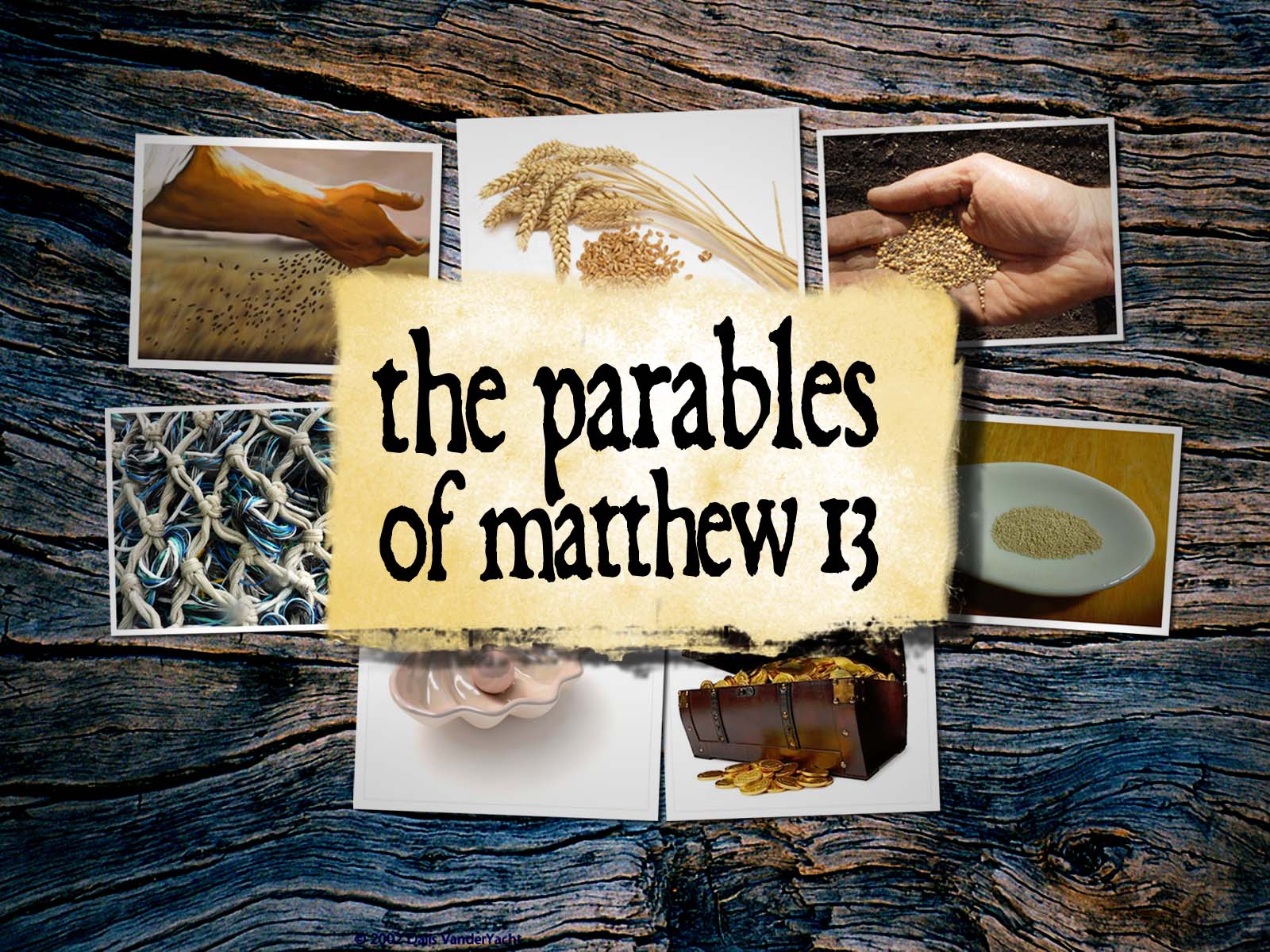One of the most interesting aspects of studying for a theology degree is uncovering the hidden meanings in biblical parables. Although these stories have been passed down through oral tradition and are taken directly from ancient texts, they remain as relevant today as they were in biblical times. By looking deeper into their meanings, we can learn valuable lessons about our own lives and relationships with God.
What are parables?
Parables are short stories that Jesus told to illustrate spiritual truths. They often use familiar characters or everyday scenarios to illustrate an abstract concept or idea. Jesus used parables to teach people how to live according to God’s will and to provide moral guidance in difficult situations. Because of their simple structure, these stories have endured for thousands of years and are still studied by theologians today.

Analyzing structure and context
When exploring the true meaning behind a parable, it’s important to understand its context within the Bible. Analyzing the passage before and after it can give clues as to what’s being said while understanding where it fits into Jesus’ ministry can help us gain insight into why he chose this particular story at this particular time. Paying attention to the keywords used in each story also sheds light on his true intention; for example, when Jesus says “the kingdom of heaven is like…” we know he’s talking about something related to his divine rule or authority.
Understanding the characters
Each character in a parable has its own unique purpose, which can reveal hidden meanings on further study. For example, if someone plays a negative role (like a thief), we might infer that this person represents sin or temptation; if someone has positive traits (like generosity), this could represent Christ-like behavior or even highlight certain spiritual gifts such as faithfulness or mercy. By paying attention to such details, readers can better understand exactly what Jesus was trying to convey through his teachings.
Interpreting symbols
Some parables may contain symbolic elements that require further study in order to truly understand their meaning. Depending on the particular symbol being referred to (such as money or plants), there may be multiple interpretations based on cultural context or linguistic nuances; for example, when Jesus mentions a mustard seed, he could be talking about faith being small yet powerful enough to move mountains – or he could be referring to how tiny a mustard seed actually is compared to other plants grown in Israel during his time! Exploring symbols such as these can give readers new insights into familiar stories that might otherwise go unnoticed without further analysis.
Recognizing patterns
As you become more familiar with biblical parables during your theological studies, you may begin to notice patterns between different stories; for example, many involve seemingly impossible situations being resolved through divine intervention, illustrating God’s power over all things despite earthly obstacles in His way! Other recurring themes include justice triumphing over evil (as when Lazarus is rewarded for his humility), metaphors involving journeys/destinations that represent spiritual growth (e.g. the prodigal son returning home), and images that emphasize how much greater God’s kingdom is than anything found here on earth (e.g. the pearl of great price). Noticing the similarities between the stories can help students gain an even deeper appreciation of the teachings they contain!

Applying parables to life
One of the greatest benefits of studying religious literature – including biblical parables – is learning how its principles apply directly to the everyday experiences and challenges of people today! The same values espoused centuries ago are still relevant today: trusting in God’s plan above all else; seeking forgiveness rather than revenge; practicing love and compassion towards others regardless of circumstances; serving faithfully without expecting reward; these timeless messages help believers navigate the complex issues facing modern society because, ultimately, our ultimate source remains unchanged – the Bible!
Conclusion
By taking courses related to one’s theology degree, individuals can use the biblical knowledge gained from studying ancient texts such as biblical parables, along with the more recent academic discourse surrounding them, to gain insight into life’s toughest questions – all while developing a closer personal relationship with God! The beauty lies not only in uncovering hidden meanings but also in discovering new ways in which these ancient lessons resonate deeply with current events unfolding around us.



